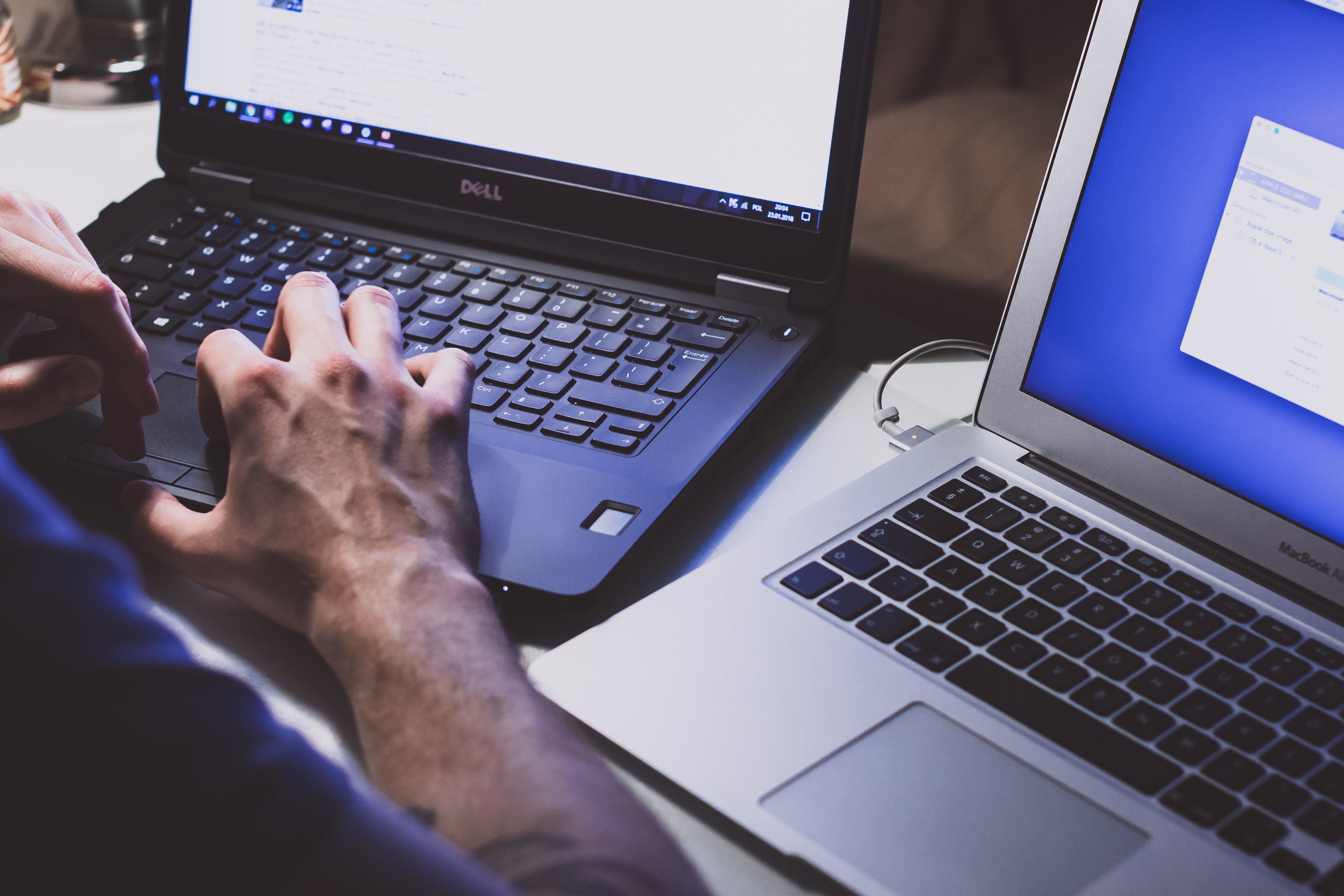
What past disruptions can teach us about reviving supply chains after COVID-19
We can't afford to lock down. Trade decisions made now will shape whether we have diverse, cost-effective and accessible sources of supply in the future.
Master's in Aeronautical Engineering, Imperial College; Master's in Structural Molecular Biology, University of London; MBA, Collège des Ingénieurs; Executive Master's in Global Leadership, World Economic Forum; Master's in International Economic Law and Finance, University of London. Formerly: with IBM Business Dynamics; Energy Practice, Booz & Co. Since 2005, with World Economic Forum, including as head of Supply Chain & Transport, Chemicals and Mining and Metals industries.

We can't afford to lock down. Trade decisions made now will shape whether we have diverse, cost-effective and accessible sources of supply in the future.

As digital trade takes off, how do we regulate and tax remote businesses? Look no further than our digital tax and trade explainer for a discussion of the key issues.

The US wants China to pay more to post goods to American consumers. What's the real picture of global postal costs?
Les mesures protectionnistes à court terme ignorent et amenuisent les opportunités offertes par les chaînes de valeur mondiales.
How can countries really reap the economic and social benefits of global value chains, while avoiding inequality and environmental damage?
Small businesses can find themselves shut out of global trade. But with the rise of online shopping has come some unexpected entry points.
The WTO's Trade Facilitation Agreement has finally entered into force. So what is this historic trillion-dollar deal and why should we see it as a good thing for the world?





